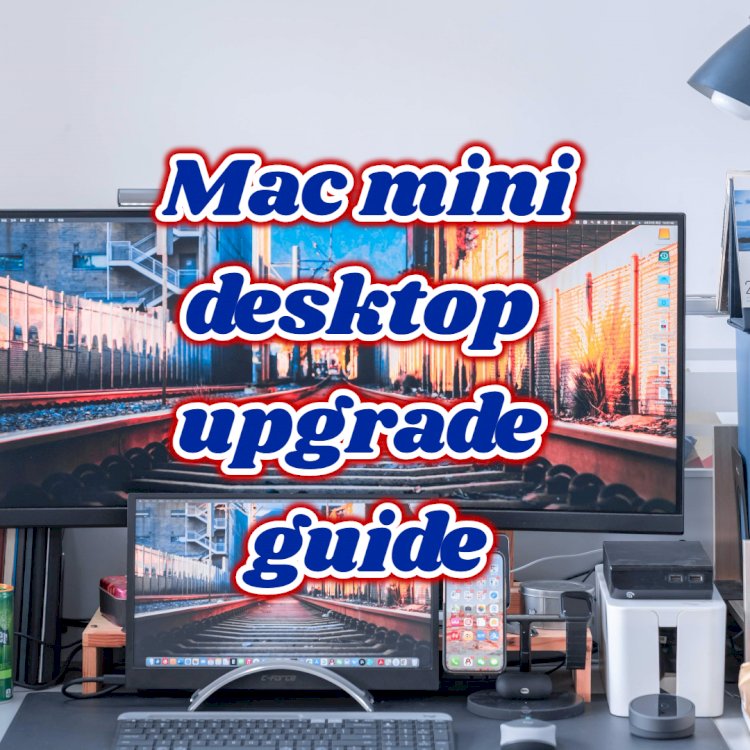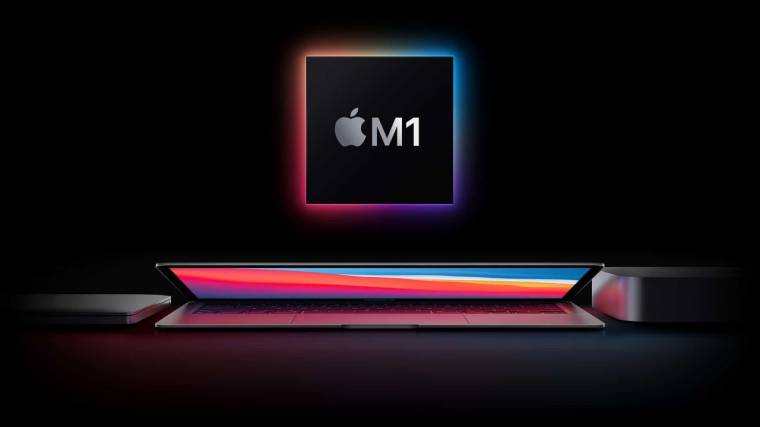

- #Python mac m1 chip how to#
- #Python mac m1 chip install#
- #Python mac m1 chip pro#
- #Python mac m1 chip software#
#Python mac m1 chip install#
You just need to make sure you’ve got the required runtimes installed a ready, for example, PostgreSQL packages to successfully install psycopg2, or Rust for Cryptography. We officially support Python 3.9 and 3.10, we’ve found 3.8 to be less reliable for package installation on M1.Ī few comments here suggest wheel support is lacking, and it is, but most C/Rust based packages compile in a few seconds, so that’s not really been an issue for me. We use Pipenv for dependency management for our legacy projects and Poetry for our newer projects, however, for Poetry we do use the 1.2 Alpha which we install via pipx.įor us, installation is handled via pyenv, which is installed via Homebrew. Our experience has been overwhelmingly positive, we use Django, FastAPI, Falcon, SQLAlchemy, etc (all the big hitters) and I have zero issues.

We also use Go, Rust, and NodeJS, but Python is the primary language.
#Python mac m1 chip pro#
Macbook pro M1 base Model, vs 2016 MBP model for me.ĭevOps Engineer a Bink here, we use MacBook Pro M1’s extensively for Python development which deploy to Azure AKS (Intel hardware).

So that I just have to do intel zsh if I want an intel-zshell.Īlso pardon my French, but those new machines a F&* %$ fast. My shell even have an architecture indicator in the prompt: if then
#Python mac m1 chip software#
(some software install in different location in intel arch and arm arch so that you can install both) And some homebrew instructions where the path were wrong.
#Python mac m1 chip how to#
The only "hard" part I had to figure out for me, was how to install 2 miniconda, one for intel and one for arm64/apple silicon, and properly switch between the two. see answer below on how to use a single miniconda/miniforge for both intel and arm64 Performances do take a hit take hit, but are still better in M1+emulation intel than native on my old mac. M1 native is mostly good everywhere, except Pyqt + Qt 5 (Qt6 is native, but some libraries don't support it yet), But for those you can just start a bash shell under intel emulation and all is fine. Some libraries still struggle with it AFAIU but I don't use GPU much.


 0 kommentar(er)
0 kommentar(er)
